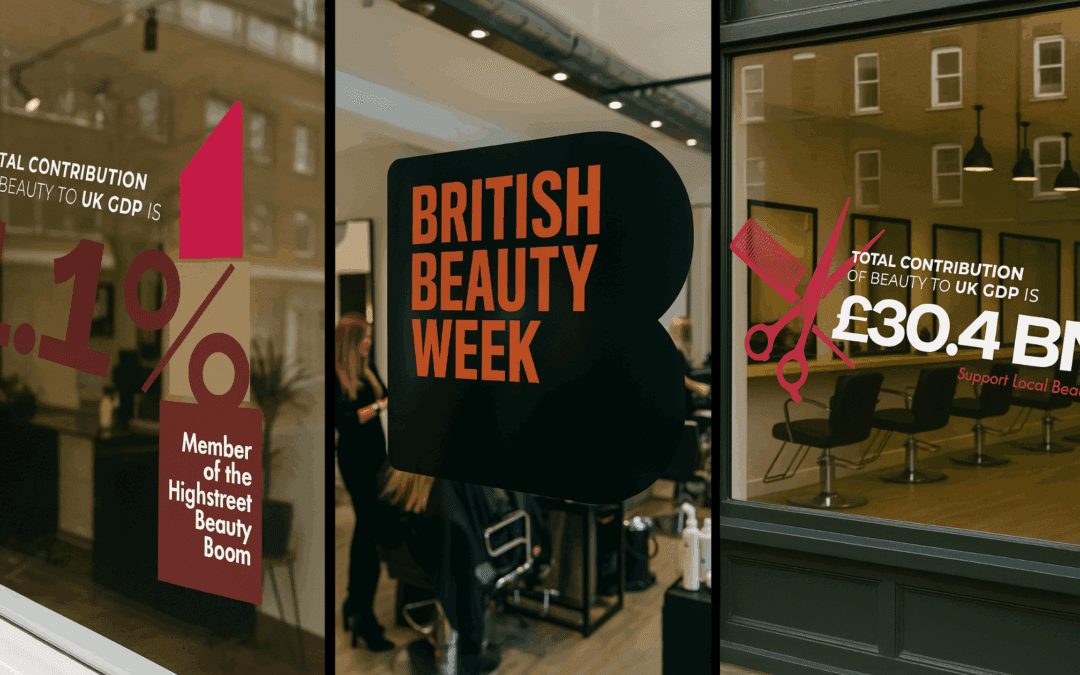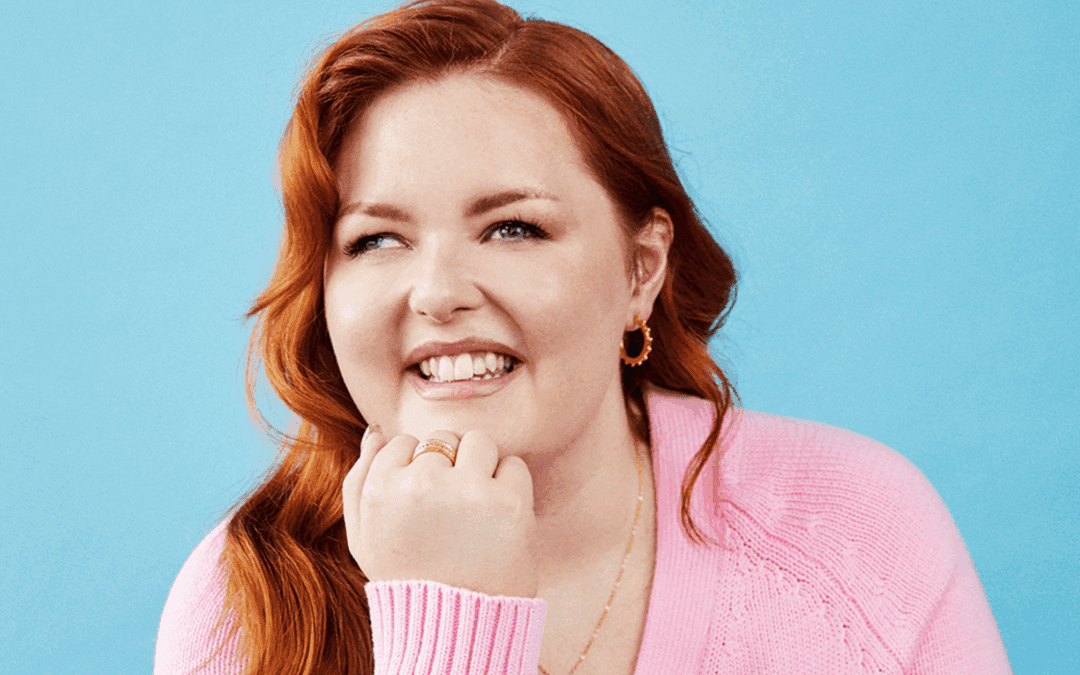In an interview the BeautyMatter earlier this week, an FDA official confirmed that numerous ingredients found in SPFs require animal testing
Following research carried out in 2019, which found that certain chemical ingredients are absorbed into the skin, the Food and Drug Administration (FDA) has mandated testing numerous SPF ingredients on animals.
In an interview with BeautyMatter, the representative said: ‘In short, the current science does not allow for the replacement of all animal studies with non-animal methods.’
Despite their being increasing evidence of the safety of chemical filters, testing has to occur on ingredients including: aminobenzoic acid (PABA), trolamine salicylate, cinoxate, dioxybenzone, ensulizole, homosalate, meradimate, octinoxate, octisalate, octocrylene, padimate O, sulisobenzone, oxybenzone, and avobenzon.
The only two ingredients that are cleared from this enhanced testing are zinc oxide and titanium dioxide, both of which are mineral filters.
These two ingredients are still considered ‘safe’ for over-the-counter sale as they are certified as ‘generally recognised as safe and effective’ (GRASE) by the FDA. This certification is based on a monograph published in 1999.
When asked by BeautyMatter on the legitimacy of this data and the act of animal testing, the representative said: ‘The FDA routinely evaluates drugs that are absorbed into the body to ensure that the benefits of these products outweigh any potential risks that result from absorption. While many drugs do not show risks from systemic exposure, it is not possible to predict these potential risks under any scientifically valid and reliable method at this time aside from animal studies.
The article notes that, as well as reducing the diversity of suncare on the market in the US, the legislation has led many ingredient suppliers and brands to stop selling in the region. It notes that: ‘BASF Care Chemicals, a beauty ingredient supplier headquartered in Germany, offers an extensive array of UV filters and other sunscreen products. The company has been actively involved in developing, validating, and advocating for animal-free testing methods for decades.’
More recently, the FDA has been reviewing the safety of the ingredient bemotrizinol for sale in the US. News hit headlines in October of last year, stating that a decision will be made by March next year.
The ingredient, which is known as PARSOL Shield, is a broad-spectrum filter which has been used by other brands for some time in other countries. Brands including La Roche Posay, Ultra Violette and Reimann P20 all use the ingredient, which is chemical-based but lighter than other broad-spectrum chemical alternatives.
Please note: Animal testing is not mandatory for SPF in the UK, as of 2023 the government ensured that no new licences will be granted for animal testing of cosmetics.
You can read the full BeautyMatter article here.




